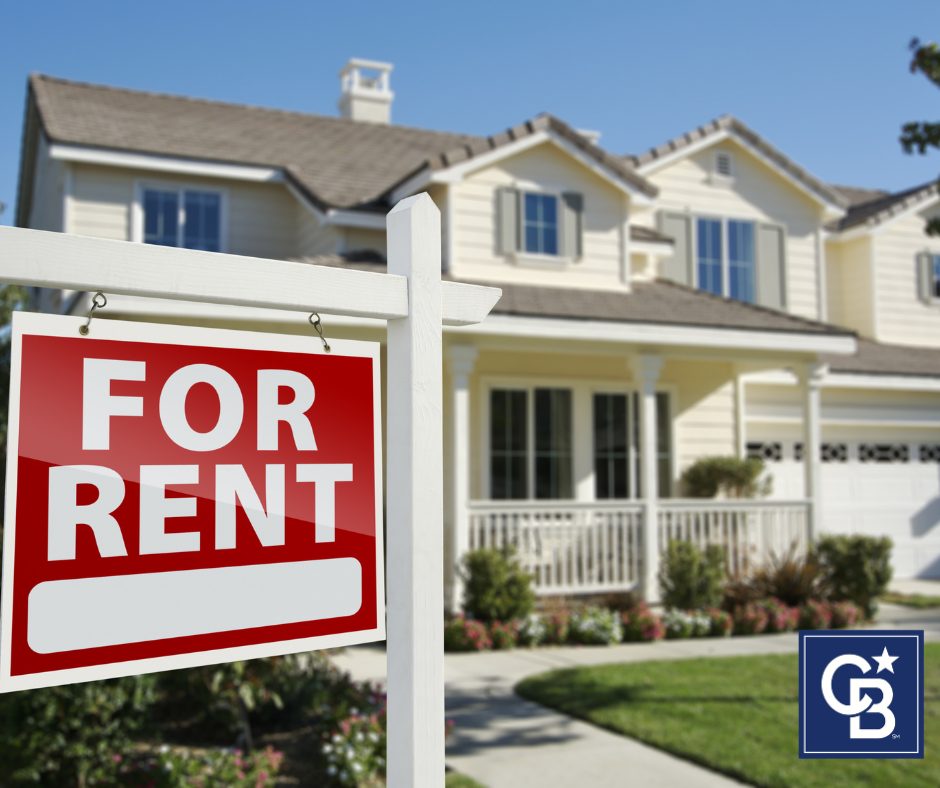
If your house is on the market in Denver, Colorado but you haven’t gotten any offers you’re comfortable with, you may be wondering: what to do if your house doesn’t sell? For many homeowners, the new question is whether they should rent it out instead of continuing to wait for a buyer.
There’s actually a name for this situation—it’s called becoming an accidental landlord. As Yahoo Finance explains, “These ‘accidental landlords’ are homeowners who tried to sell but couldn’t fetch the price they wanted — and instead have decided to rent out their homes until conditions improve.”
Right now, this is becoming more common. Business Insider notes that while accidental landlords aren’t new, today’s higher borrowing rates and slower home sales are pushing more people into renting as a backup plan. But before you decide that’s the right move, it’s important to weigh the pros and cons.
What If Your House Doesn’t Sell?
When homes linger on the market, it often comes down to pricing, buyer affordability, or inventory competition. If lowering your price feels like the only option, renting can seem appealing. But here’s the truth—becoming a landlord is rarely as simple as collecting rent checks. It comes with responsibilities, hidden costs, and potential headaches. Ask these questions:
1. Does Your House Have Potential as a Profitable Rental?
Not every home is cut out to be a rental. If you’re moving out of state, managing maintenance remotely is a challenge. If the house needs repairs before tenants can move in, those costs can add up quickly. And if your neighborhood doesn’t naturally attract renters, you may struggle to find someone willing to pay enough to cover your mortgage.
2. Are You Ready To Be a Landlord?
On paper, renting sounds like easy passive income. In reality, it can look more like midnight calls about broken air conditioners, chasing down late rent, and repairing damage between tenants. Redfin cautions, “Landlords have to fix things like broken pipes, defunct HVAC systems, and structural damage, among other essential repairs.” If you don’t have funds set aside for emergencies, renting may cause more stress than selling.
3. Have You Considered the Hidden Costs?
According to Bankrate, renting often comes with:
-
Higher insurance premiums (landlord policies are about 25% more expensive).
-
Property management fees (typically 10% of the monthly rent).
-
Maintenance, advertising costs, and potential vacancy gaps.
All of this can eat into profits quickly—especially if your home isn’t in high rental demand.
4. Talk To Your Real Estate Agent Before You Decide
If your house hasn’t sold in Denver, your next step might not be renting—it might be revisiting your pricing strategy with your agent. Sometimes relaunching your listing at the right price, improving property presentation, or adjusting marketing can attract the right buyers and save you from the stress of becoming a landlord.
Bottom Line: What To Do If Your House Doesn’t Sell
Becoming a landlord can work for some, but it’s not the best choice for everyone. If you’re thinking of renting simply because your home didn’t sell, first consider the responsibilities, risks, and costs that come with it. In many cases, working with your agent to adjust your sales strategy is the smarter move. Are you considering the pros and cons of selling vs. renting? Let’s have a conversation and we can provide you with what you need to make an informed decision.

 Facebook
Facebook
 X
X
 Pinterest
Pinterest
 Copy Link
Copy Link
